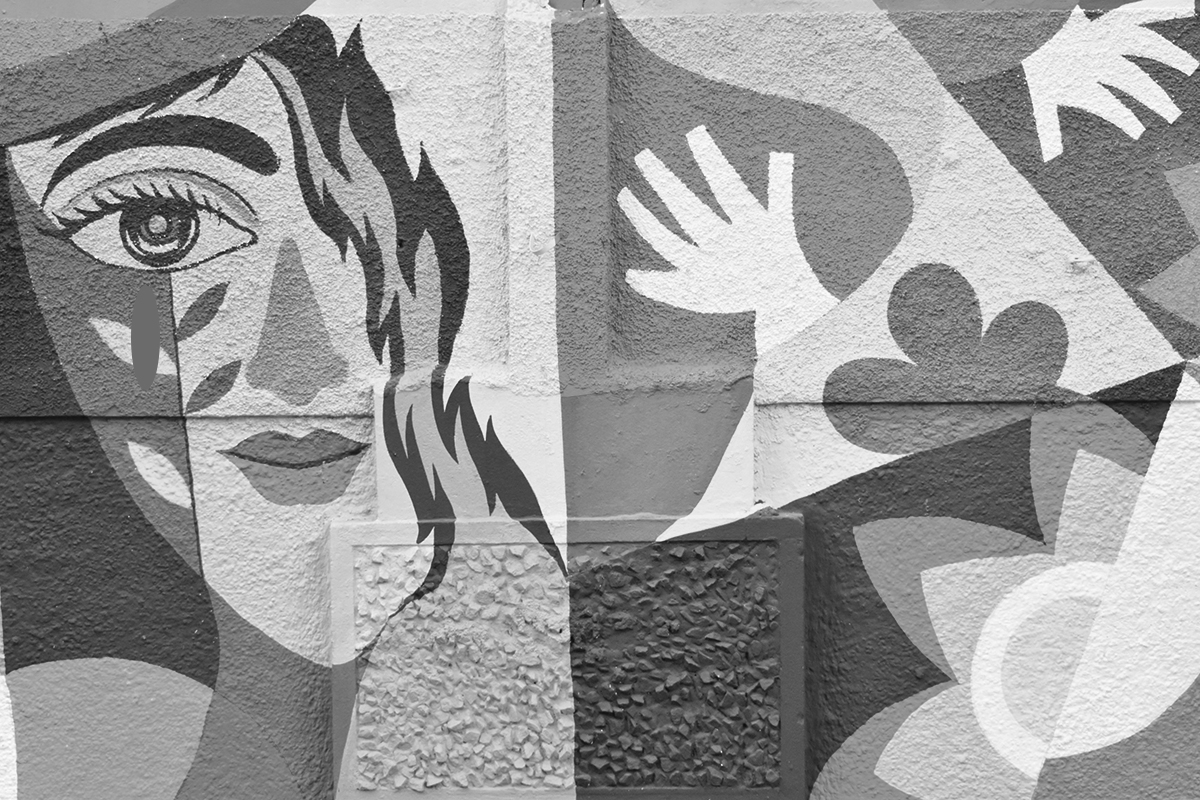
Sudan: Rape, Another Weapon Accompanying Bullets
Report by Mashair Idris
The use of rape as a weapon constitutes a serious violation of human rights, and swift action is needed to condemn and curb it in the ongoing war in Khartoum. The international community must intensify efforts to ensure justice for the victims and prevent further acts of sexual violence during armed conflicts.
The consequences of rape are usually devastating for countless individuals, especially women and girls, who are the most affected by such violence.
In Khartoum, the perpetrators of rape crimes remain unidentified, but it is widely believed that various armed groups from both sides of the conflict are involved in these heinous acts. With the widespread belief, it is challenging to verify the accuracy of accounts and the exact number of victims due to underreporting and fear of reprisals.
The Anti-Violence Against Women and Children Unit in Sudan recorded new cases of sexual assault in both Khartoum and Nyala in the West Darfur state, as well as in Niala in the South Darfur state.
The director of the Anti-Violence Against Women and Children Unit, Salimah Ishaq, officially accused the Rapid Support Forces of committing sexual violence against a significant number of women, documenting about 112 cases, including 25 in Nyala, 31 in Niala, and 56 cases in Khartoum.
Ishaq revealed that most of the complaints in Khartoum were filed against the Rapid Support Forces, while survivors in Nyala and Niala reported that the attacks were carried out by the Rapid Support Forces.
Rape is considered an international crime under international humanitarian law. It is acknowledged as a human rights violation and prohibited by numerous international treaties and agreements.
According to Sudanese legal expert Osman Al-Basri, rape is defined in international humanitarian law as any sexual act with another person without their consent.
In Sudanese law, it is defined as engaging in sexual relations without the victims consent, and regarding its criminalization, it was included in the 1949 Geneva Conventions in Article 27 for the Protection of Civilian Persons in Time of War.
Salimah Ishaq regrets the increasing cases of forced disappearances of women and girls accompanying the rise of sexual violence related to the conflict. She pointed out that the increase in disappearances does not correspond to the reported complaints.
Reporting cases of sexual violence helps alleviate the psychological trauma and contributes to addressing the health consequences of the assaults.
Ishaq expressed serious concern about the growing trend of racial targeting of women and girls, which constitutes a qualitative increase in sexual violence related to the conflict. These crimes are internationally condemned.
She called on the Rapid Support Forces to stop violations against women and children, especially sexual violence, and to protect civilians lives and human dignity, ensuring they are not exposed to any risks or attacks during the conflict.
International organizations concerned with women and children and international institutions are urged to condemn the war crimes committed by the Rapid Support Forces and ensure accountability for all those involved in these crimes.
Sudanese legal expert Osman Al-Basri explained that, according to the international convention to eliminate all forms of violence against women, rape is classified along with sexual violence and gender-based violence.
He considered any act, attempt, or threat of a sexual nature carried out without the victims consent, including rape, sexual assault, and harassment.
Since the prevalence of rape has become widespread, it has been classified as an international crime under the Statute of the International Criminal Court in Article 7, Crimes against Humanity, and Article 22, War Crimes. The International Criminal Court has the authority to impose penalties for these crimes in Article 77, with a maximum of thirty years in prison or life imprisonment in the case of particularly serious crimes.
Al-Basri also highlighted that Sudanese laws punishment for rape is a hundred lashes and imprisonment for a period not exceeding ten years.
He emphasized that Sudanese laws definition of rape and the rules of evidence make proving this crime extremely difficult, especially in times of war. Therefore, legal reforms that align with international treaties and agreements are necessary.
While prosecuting these crimes may be challenging, efforts are being made to hold the perpetrators accountable. Special courts and international criminal courts have been established to investigate and prosecute those responsible for sexual violence during armed conflicts.
Media outlets are expected to play a crucial role in reporting these crimes and monitoring the situation by shedding light on these atrocities. Media coverage can help raise awareness and mobilize public opinion. Additionally, media coverage can exert pressure on governments and international organizations to take action and support the victims.

